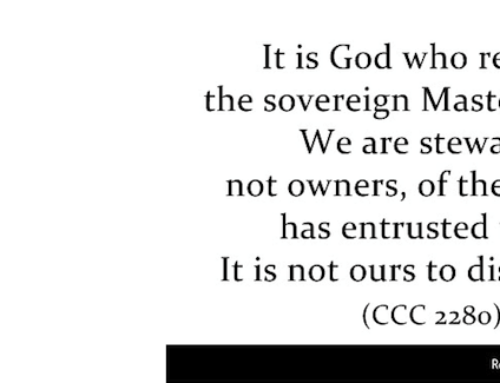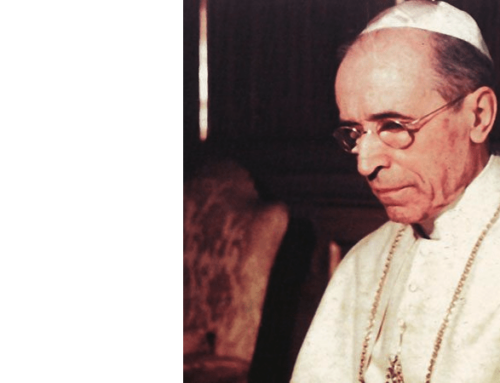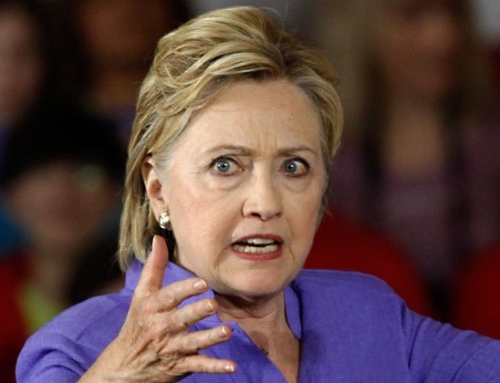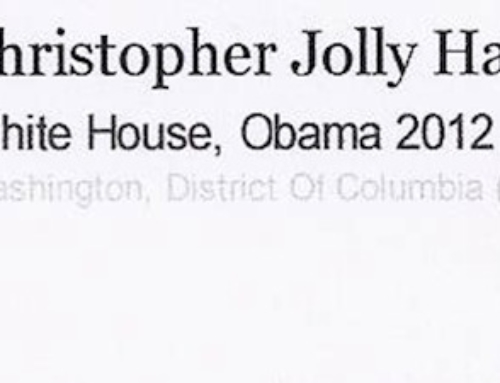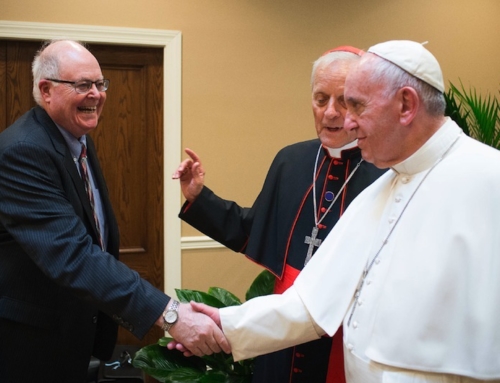David R. Carlin
July-August 2007
Once upon a time—let’s say from the time of Franklin Roosevelt till the time of Lyndon Johnson—the Democratic Party was the clear party of choice for American Catholics. The party had a special concern for the urban working classes and for the children and grandchildren of immigrants; its social justice ideas were often very similar to the social justice ideas outlined in papal encyclicals such as Rerum Novarum andQuadrigessimo Anno; it was emphatically patriotic and, like the Vatican, emphatically anti-Communist; it was strong on military defense; and it did almost nothing to defy or to undermine Catholic moral values. It was a party that Catholics, at least Catholics of the kind that flourished in those long-ago days, could feel very comfortable with.
I myself was one of those Catholic Democrats. Born in 1938, the second year of FDR’s second term, I first voted for president in 1960, the year that represented the summit of Catholic satisfaction with the Democratic Party, since that was the year John Kennedy was elected president. I was elected as a Democrat to the Rhode Island Senate in 1980; in 1989-90 I was the Democratic Majority Leader of the Senate; and in 1992 I was the Democratic candidate (alas, a losing candidate) for the United States House of Representatives.
During my political career, despite my prominent position in the party, I was becoming increasingly uncomfortable with the new direction the national party had taken. Today I am worse than uncomfortable; I am downright distressed and disillusioned.
The Catholics of the United States have changed greatly since those far-off days of FDR and LBJ. They used to be, religiously speaking, a relatively homogeneous group, but they are now divided between what may be called “real Catholics” and “nominal Catholics.” By “real Catholics” I mean those who go to church every weekend, who actually believe the doctrines of the Church, and who make a serious effort (while not always succeeding) to let their lives be guided by the moral rules and moral values endorsed by the Church.
By “nominal Catholics” I mean those who are quite opposite. They rarely or never attend Mass, and they have a “pick and choose” attitude when it comes to faith and morals. They are Catholic in the sense that they were baptized Catholic and have not yet sent in a letter of resignation. And of course there are shades of gray between these two extremes: Catholics who may be called semi-real or semi-nominal.
If Catholics have changed over the last three or four decades, so has the Democratic Party “changed utterly” (to use the words of Yeats). From being a party that Catholics could feel very comfortable with, it has become a party that Catholics—at least “real Catholics”—feel profoundly uncomfortable with. Not to put too fine a point on it, the national Democratic Party has become an anti-Christian party.
At about this point some Catholic Democrat will tell me that my assertion is preposterous. I’ll be told that Catholic politicians who play a leading role in the Democratic Party—for instance, U.S. senators and representatives—are for the most part Sunday churchgoers of good moral character. No doubt this is true, but the Democrats who sit in Congress are only the tip of the party iceberg: nearly 90% of the typical iceberg is under water. That is to say, the relatively invisible people who mainly determine the policies of the party are the political contributors and activists, not to mention those who spread pro-Democratic propaganda from the “command posts” of American culture—by which I mean the press, the entertainment industry, and our leading colleges and universities (including law schools).
Julius Caesar once said that money is the “sinews of war,” and it is most definitely the sinews of modern American politics. The old local Democratic political “machines” used to deliver the vote for Democratic governors and senators and representatives, but these machines largely vanished decades ago. And so now the vote has to be delivered (or perhaps a better word would be “incited”) by TV advertising, and it is a notorious fact that TV advertising is colossally expensive. Politicians running for higher office, then, need great amounts of money, and they therefore have to cater to those who contribute. (“He who pays the piper calls the tune.”)
The demographic base of the old machines consisted of working-class and lower-middle-class voters; and so, with the waning of the machines, there has been a corresponding waning of influence in the Democratic Party of these voters. An influence vacuum was created, which was soon filled by upper-middle class professionals with enough disposable income to be able to throw cash at politicians who hold views pleasing to these contributors. Not only that, but these relatively well-to-do Democratic contributors usually hold an ideology; that is, they are secularists (or semi-secularists) and moral liberals.
Now what do I mean by a “secularist”? I mean a person with three striking traits: (1) In his personal life he has no use for religion; he is normally an atheist or agnostic (and if an agnostic, his agnosticism is barely distinguishable from atheism). (2) He considers religion to be not just useless, but positively harmful; and therefore he is anti-religious, especially anti-Christian. He doesn’t mind “liberal” Christians all that much, since their Christianity is a kind of semi-secularism; but he detests and fears Christians of a more orthodox kind, whom he suspects of wishing to impose a “theocratic” regime on the United States. (3) He believes in and promotes a new morality that is intended to replace traditional Christian morality, e.g., the morality of the Ten Commandments. This is a morality of moral liberalism, whose two fundamental principles are: the Personal Liberty Principle (you are free to do whatever you like provided you don’t harm non-consenting others in a tangible way), and the Tolerance Principle (you must tolerate the conduct of anyone who is not harming others in a tangible way).
The Personal Liberty Principle and the Tolerance Principle have most notably been invoked to justify a new personal morality whose characteristic note is sexual freedom. In other words, they have been used to justify the sexual revolution: premarital sex, unmarried cohabitation, easy divorce, cheap and readily available contraception, a somewhat lax attitude toward adultery (remember the tolerance moral liberals exhibited toward Bill Clinton’s relationship with Monica Lewinsky), abortion, pornography, and homosexuality, including in recent years same-sex marriage. “How do any of these things hurt innocent bystanders?” asks the moral liberal. “And if they don’t hurt, then they are morally permissible.” (It’s a bit puzzling that moral liberalism feels that abortion is justified, since abortion obviously causes harm to another. Moral liberals get around this difficulty by the clever device of not thinking about it.)
Another way of putting all this is to say that there is a “culture war” going on in the United States between moral liberals and moral conservatives; or more exactly, between secularists and Christians. The secularists, who hold Christianity in disdain, would like to drive Christianity out of the public arena and into a corner, where those nitwits who like to practice it would still be free to do so, to the infinite amusement of the more “enlightened” people. Christians of the old-fashioned kind, both Catholic and Protestant, would like to preserve their religion, not just as a private hobby, but as an important factor in the public culture of the United States. As for the third party in this culture war, the liberal Christians: they have a nostalgic and sentimental attachment to Christianity, but in most of the actual battles between moral liberals and moral conservatives—e.g., battles about abortion and homosexuality— they come down on the side of moral liberalism, although they do so (let it be noted to their credit) with something of a long face.
This culture war has long since spilled over into politics. And in politics the Democratic Party has allied itself with the secularists/moral liberals, while the Republican Party has decided to ally itself with the Christians/moral conservatives. I don’t mean to say that the Republican Party has become the Christian party. For one thing, while the party is anti-secularist, it has many features that are not especially Christian. For another, as history teaches, it would be very dangerous for Christians to identify their religion with a political party.
But although I won’t say that the Republican Party has become the Christian party, I will say that the Democratic Party has become the anti-Christian party; for to take sides with the secularists/moral liberals in the culture war, as the Democrats have done, is to take sides against Christianity.
And so, the Democratic Party has gone from being a Catholic-friendly working and lower-middle class party to being a secularist and upper-middle class party. Can a Catholic be a Democrat today? It is virtually impossible, assuming that the Catholic in question is a “real Catholic,” is acquainted with policies of the party such as its support for abortion and homosexuality, and is capable of reasoning logically. And this is what is actually happening: Increasingly, “real Catholics” are leaving the Democratic Party, although “nominal Catholics” (who are really semi-secularists) remain. Since there are millions of “real Catholics” in America, their exodus from the party should cause alarm among party leaders. But apparently it does not, at least not much, they are so in thrall to their secularist/moral liberal supporters.
Nonetheless I confess (with some embarrassment and perhaps even shame) that I remain a registered Democrat, even though this doesn’t mean that I can be counted on actually to vote for Democrats. But I feel that my protest against the anti-Christian course the party has taken will be more effective if I remain officially a Democrat. After all, it was my party before it became the party of the secularists. Why should I allow them to drive me out?
David R. Carlin is the author of Can a Catholic Be a Democrat?: How the Party I Loved Became the Enemy of My Religion, published by Sophia Institute Press.


